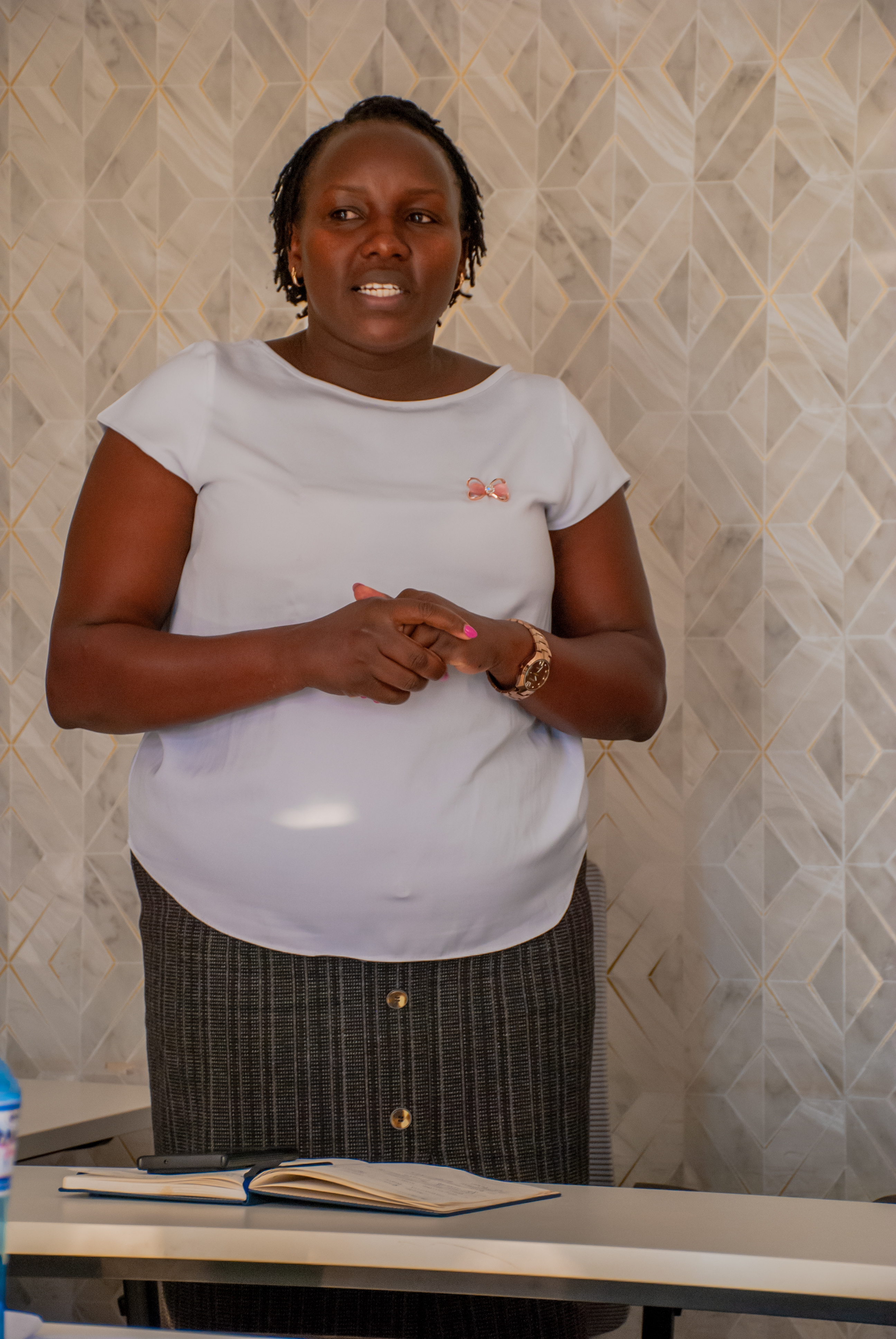West Pokot County Close to Finalize Gender Policy
The 2010 constitution was intended to transform the lives
of Kenya’s marginalized groups, but, 10 years on, women remain significantly
disadvantaged.
In a move to reduce this gap in West Pokot and achieve gender inclusivity, West Pokot County in collaboration with UN Women, Village Enterprise and various stakeholders, is on the tail end of finalizing its gender policy.
Speaking during the end of a three-day forum in Kitale to finalize the document, CEC Lucky Litole said that the policy will be adopted by county and its partners to help promote gender equity.
She further said that the policy aims to address pressing issues within the county among them early marriages, female genital mutilation (FGM), gender-based violence (GBV) among other key issues affecting gender equality.
CEC Lucky Litole expressed gratitude for the collaborative effort in developing the policy, emphasizing its importance in tackling critical challenges faced by the county
“Thank you for the great work you’ve done," said Litole. "This policy is crucial in tackling some issues we are facing as a county. Thank you for your hard work and dedication dining this process."
Highlighting the urgency of the policy and its subsequent implementation, CEC Litole revealed plans to present the policy to the cabinet before the end of April.
“We plan to table this document before the cabinet, possibly, by the end of this month," stated Litole.
"This document is something that we can implement collectively in our county. I’m quite invested in this document,” noted CEC Litole.
The finalized gender policy is expected to provide West Pokot County with increased bargaining power in engagements with partners and allies. Ms. Litole emphasized the potential of the document to strengthen collaborative efforts and garner support for gender-focused initiatives.
“This document will give us bargaining power with our partners and friends," Litole remarked.
Furthermore, the CEC stressed that through the policy, the county together with partners, can establish a GBV sensitization day, aimed at raising awareness and promoting prevention and reduction of GBV cases, currently on the rise across the nation.

Emmanuel Oigo, Director of Social Services, commended the department's dedication to the process, highlighting the motivation behind their involvement.

"The department has motivated us in this process," said Director Emmanuel Oigo, affirming the commitment of stakeholders to advancing gender equality and combating retrogressive practices.

The first National Policy on Gender and Development (NPGAD) was adopted in 2000, providing a legitimate point of reference for addressing gender inequalities at all levels of government and by all stakeholders.



